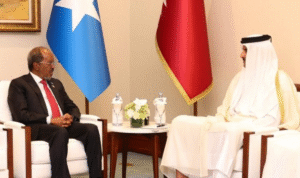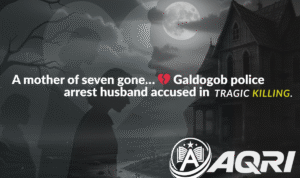< center > < figure class="wp-block-image size-la rge">
Amid the picturesque hills of Hebron, tensions are escalating as a new wave of confrontations between Israeli settlers and Palestinian shepherds and farmers unfolds. This ongoing conflict has exacerbated the already fragile dynamics in the region, drawing international attention and concern.
In recent days, the verdant fields that are typically synonymous with tranquility have instead become scenes of hostility. Israeli settlers have been reported to aggressively confront Palestinian shepherds, a situation that not only disrupts daily agricultural activities but also heightens the sense of volatility in the area.
According to local sources, these confrontations are becoming increasingly frequent and are raising alarms about the implications for both communities. Palestinians report incidents of harassment and intimidation, which they say are aimed at discouraging them from accessing their farmland. This farmland is not only a source of livelihood but also a crucial cultural heritage for these communities. The situation has prompted a series of condemnations from various human rights organizations who view these actions as part of a broader strategy to displace Palestinian residents.
On the Israeli side, settlers argue that their presence is justified and that they too face threats. They often cite security concerns and believe their actions are a response to perceived dangers in the area. This perspective is underscored by a long-standing narrative of territorial entitlement, deeply rooted in religious and historical claims to the land.
Efforts to mediate the situation have been largely ineffective, with both sides entrenched in their respective narratives. Negotiation attempts have not yielded significant progress, and instead, the question of land ownership continues to be a pivotal, unresolved issue.
International observers have been called to witness the developments, some of whom stress the need for a more robust and equitable dialogue. They argue that without addressing the underlying causes of these confrontations, any temporary resolutions will remain just that—temporary.
The rising tensions in Hebron reflect a microcosm of the broader Israeli-Palestinian conflict, where land rights are highly contested, and mutual distrust runs deep. The recent escalations, however, bring an urgent call for increased intervention and dialogue, emphasizing a need for peaceful coexistence and respect for each community’s rights and traditions.
As the conflict persists, the world watches closely, understanding that the stability of the region is intricate and deeply tied to the lives of those who live there. Hebron’s unfolding drama stands as both a reminder and a gauge of the broader geopolitical landscape, a landscape that requires ongoing attention and dedication from the global community for any hope of lasting peace.
Reporting from Somalia, this is AQRI.net.







Comment